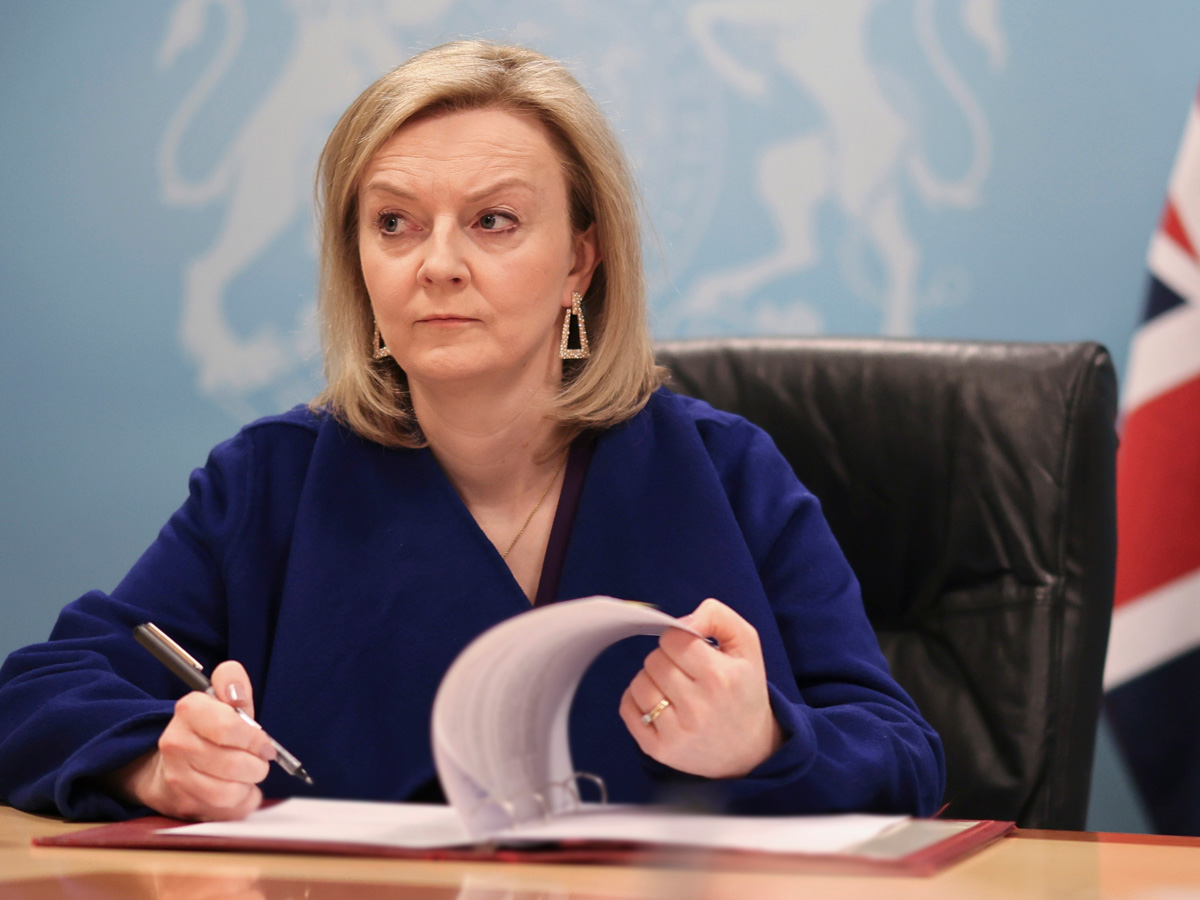The ramifications of the liability-driven investment (LDI) debacle of last year are still very much in the minds of institutional investors, especially pensions funds caught up in the chaos brought on by the Truss-Kwarteng mini budget.
It was a theme that was mulled over at the PLSA investment conference in Edinburgh earlier this month. Offering a comment on the crisis, Matt Tickle, chief investment officer at Barnett Waddingham, said: “It was an interesting time. There were a lot of difficult decisions [to be made] at high speed.”
Looking at where we are now, he said he had three observations. “First, is that LDI is still a sensible risk management tool,” he said. “Within the weeks [of the LDI crisis] there were questions being asked around LDI. But fundamentally, it is about controlling real risks. And that is still the case.”
He added: “When you get to the end of 2022 the majority of schemes got through the LDI crisis relatively unscathed. Their deficit position at the end of the year was, in most cases, less than what it was at the start of the year.”
There are, Tickle noted, some outliers to that. “Some schemes that did not fare so well.”
Sweeping statements
On the second point, Tickle addressed some problems that were reported connected to pooled funds. “Those sweeping statements were unhelpful. Because the research we have done since, there was not much difference in the outcome with and for pooled funds.”
The third point was the difficult decisions made in a short period of time. “What we did was just go back to what clients wanted to achieve. What was their long-term objective? We spent time going through that. Sticking to what you wanted to achieve helped trustees to try and make those difficult decisions in the best way.”
Serkan Bektas, head of client solution at Insight Investment, said the acceptance and importance of managing pension money was a big motivator in getting things right, given the responsibility such a job holds.
“To start with a statement of the obvious, it [the LDI crisis] was a dislocation all out of proportion, with rapid price action and also liquidity drying up quickly,” he said.
Client holding
But he also made another point, about the noise created by the LDI crisis, highlighting that following the mini-budget and Bank of England intervention, gilt trading was about £5bn.
“Pension funds hold 80% of that £5bn,” Bektas said. “So relative to gilt markets, this was nowhere near a mass exodus. We concluded that there was not an obvious trading solution. The focus had to be on clients holding on to their positions. Helping our clients to source and deliver collateral.”
Interestingly, Bektas added that the experience was not as traumatic as you would expect. “There were a range of experiences, and plenty to learn, but the response to that period was a pleasant surprise given the scale of challenges we faced.”
Payam Kazemian, client director at Zedra Governance, said the whole pace of how events unfolded was the major issue. “What happened was an unprecedented movement in interest rate markets. But it wasn’t the move itself, it was the speed at which it happened.
“Basically what that meant was it needed a lot of quick decisions in a short space of time which could have a drastic effect on the asset allocation of a particular scheme,” he said.
There were also other challenging considerations. “To make it more complicated there was the communication piece from a trustee perspective. We had to make decisions while communicating,” Kazemian said.
Liquidity issue
In addition, the often needed modi cation in asset allocation resulted in sharp allocation movements. “Sometimes the asset allocation ended up with a high percentage of illiquid assets,” he said.
This has resulted in him thinking more about this. “The issue of liquidity now means going that bit deeper. Some extreme scenario analysis needs to be done on liquidity.”
Kazemian also said the crisis revealed issues around governance. “What it pointed to was there were sometimes some weaknesses in the governance operational efficiencies on the boards [of funds] to deal with something quickly. So one thing trustees need to work on is reviewing those operational governance efficiencies.”
Nike Trost, head of asset management and pensions policy at the Financial Conduct Authority (FCA), said the crisis raised issues for investors around risk modeling, communication and reinforcing Kazemian’s point: about the operational constraints within extreme scenarios.
The FCA and The Pensions Regulator (TPR) have laid out their expectations on the future of LDI, mapping out how the mar- ket needs to evolve.
A big marking point has been the TPR has introduced a new minimum 250 basis points buffer, which must have scope to be replenished within five days. It also wants to see an operational buffer sufficient to cover day-to-day volatility.





Comments